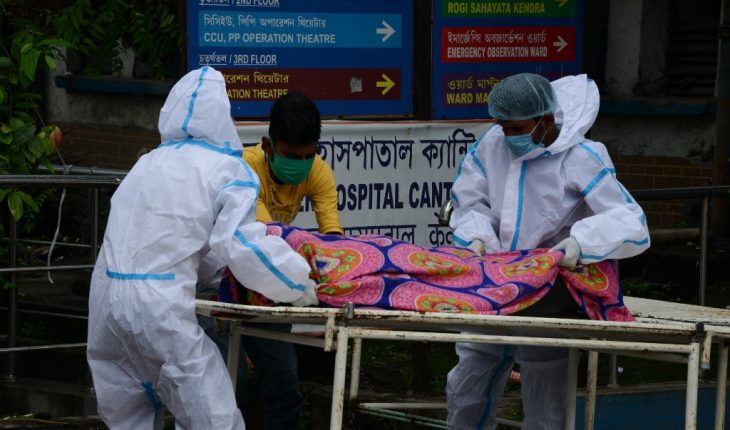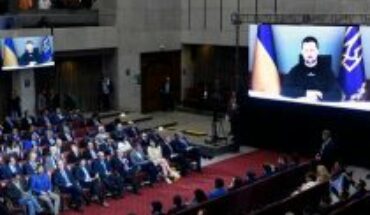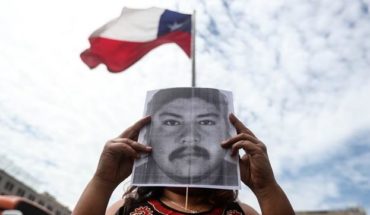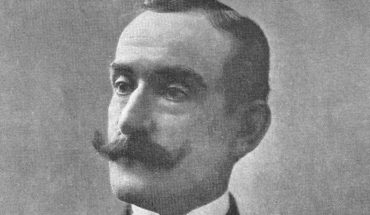The coronavirus pandemic is killing more people in its second year than in the first year, warned the World Health Organization (WHO), which called on rich countries not to vaccinate their children and give those doses to poor countries, overwhelmed by tragedy, such as India, which is suffering a devastating resurgence of the epidemic.
COVID-19 has already caused at least 3.3 million people killed worldwide since late December 2019 and the emergence of variants, as well as the uneven progress of vaccination campaigns, remains concerned.
Quarantine Stories: This Is How Our Lives Have Changed for COVID
According to WHO Chief Tedros Adhanom Ghebreyesus, “as things go, the second year of the pandemic will be much more deadly than the first.”
He also called on countries to give up vaccinating children and adolescents and donate doses to the Covax system for distribution to disadvantaged countries.
Tedros has repeatedly denounced the goal of the most developed countries to vaccinate most of their respective populations as soon as possible, without considering that minors are very unlikely to fall ill from covid, nor to spread it.
In contrast, countries such as India, Nepal or Sri Lanka suffer from explosive rates of contagion, Tedros recalled.
The Covax programme, which WHO manages together with private funds, ran out of much of the vaccine supply it expected in the second quarter of the year, because countries such as India, which manufactures most of the vaccines in the mechanism, decided to ban exports.
Meanwhile, several countries in Europe, where they have referred cases exponentially, reopen their weakened economies.
Like Greece, which on Friday lifted all restrictions on circulation after seven months of confinement to open the long-awaited tourist season. The only condition now to be able to travel to the country is to be vaccinated or to present a covid negative test.
“The restaurants are open, you can go to the beach, take advantage of the good weather, do shopping. It’s wonderful to be able to go out again,” says Caroline Falk, a 28-year-old German tourist, in Crete.
In Spain, thousands of citizens collapsed this Friday’s roads to head in particular to the beaches after the end of months of perimeter confinement.
Italy announced on 15 May that it will suspend five-day quarantine for European tourists from Sunday, while in Portugal, hundreds of British tourists are expected from Monday after the UK included the country in its “green list” of countries and territories to which its citizens will be able to travel without having to quarantine on their return.
The lifting of restrictions will also allow English fans to travel to Porto (north) on 29 May to attend the Champions League final, which will be played by Chelsea and Manchester City.
Instead, Japan has expanded the state of emergency, affecting ten departments, to three more due to the ups ups and down in cases, to ten weeks after the Opening of the Olympic Games.
In this regard, tennis player Roger Federer stated that athletes “need a firm decision” on whether or not to hold the Games, and said he would fully understand whether the event, which was already postponed last year, was finally cancelled.
“You don’t hear much, which makes me think the Games will take place, even though I’ve heard that a lot of people in Tokyo are against the Games,” Leman Bleu told Swiss television network Leman Bleu.
Indian variant in the UK
England is preparing for a new stage, with the reopening of museums, hotels and stadiums, thanks to a net drop in the number of covid cases, following a long confinement and vaccination campaign.
British Prime Minister Boris Johnson warned, however, on Friday that the Indian variant threatens to disrupt the unconfining and continues to spread, following a worrying increase in some areas, particularly in north-west London.
The authorities therefore decided to launch an accelerated screening campaign.
France, for its part, announced that travelers from four new countries (Colombia, Bahrain, Costa Rica and Uruguay) will have to undergo a 10-day quarantine from Sunday.
In India, submerged by a devastating wave of the pandemic, vaccination with Russian Sputnik V began friday in that country of 1.3 billion inhabitants.
After plunged the big Indian metropolises into chaos – for lack of medicine, oxygen and beds for the sick – the virus continues to devastate the infrastructure-free countryside.
The dead are buried or abandoned in rivers, while the sick try to heal with home remedies. In the last few days, a hundred bodies werethey threw themselves into the Ganges River, making them fear a situation as disastrous as elsewhere.
“They let people die,” Kidwai Ahmad told the AFP from their village in Sadullahpur, Uttar Pradesh State, north.
In Colombia, bogota mayor Claudia López contracted the virus amid a third wave in the country that is in massive protests against The Government of Ivan Duque.
Mask yes, mask no
In the United States, where the number of covid-19 cases fell sharply, the lifting of the recommendation to wear a mask for vaccinated people was announced thursday, leading to heated debate and some confusion in the country.
Distribution giant Walmart announced Friday that the mask is no longer mandatory at its centers, although other companies maintain it.
With more than 584,000 dead, the United States remains the country hardest hit by the pandemic, ahead of Brazil (more than 430,000 deaths), India (258,000), Mexico (219,5900) and the United Kingdom (127,640).
Instead, from Geneva, WHO recommended that even , in situations where vaccination coverage is high, if there is a lot of transmission, the mask is not removed,” the organization’s urgent health affairs officer Michael Ryan said at a press conference.
WHO Scientific Director Soumya Swaminathan said she “very few countries are in a position to abandon the measures.”
Finally, the IndyCar motorsport series announced this Friday for the second year in a row, the cancellation of its race through the streets of Toronto, Canada, scheduled for July 11, because of the coronavirus.
What we do at Animal Politics requires professional journalists, teamwork, dialogue with readers and something very important: independence. You can help us keep going. Be part of the team.
Subscribe to Political Animal, receive benefits and support free journalism #YoSoyAnimal.





